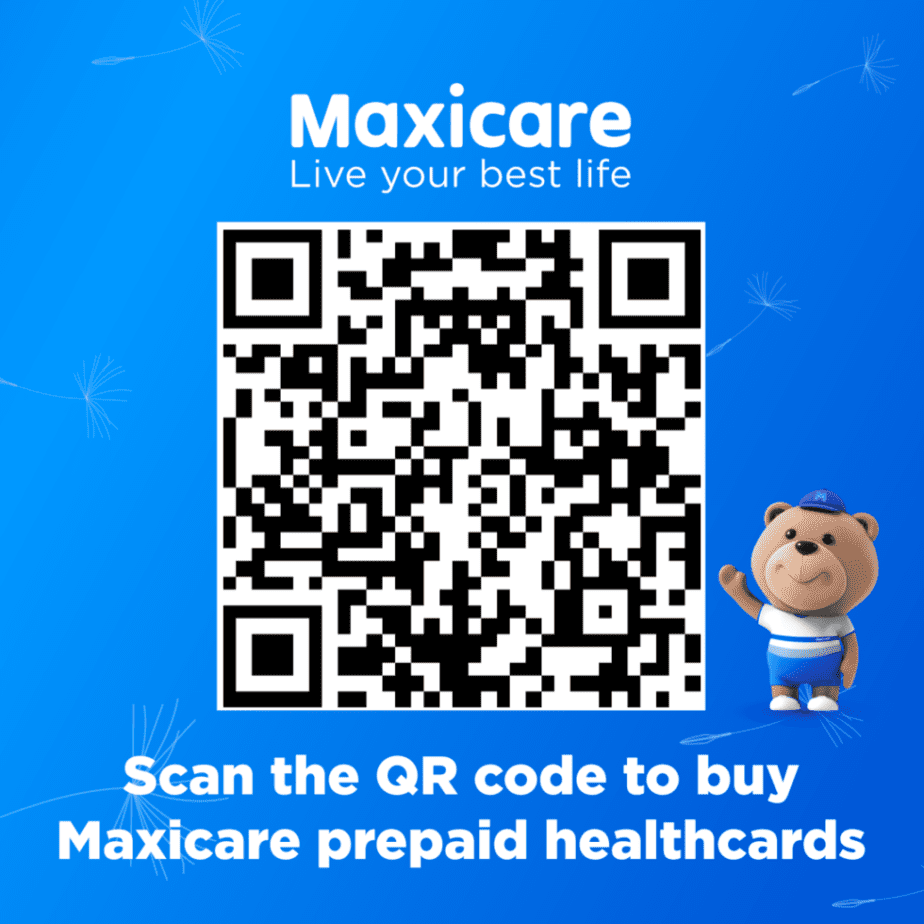Freelancing offers unparalleled flexibility and autonomy, allowing individuals to shape their work environments and schedules. To thrive as an effective freelancer, it’s essential to implement strategies that enhance productivity, maintain work-life balance, and ensure consistent client satisfaction. Here’s how you can work effectively as a freelancer.
1. Establish a Dedicated Workspace
Creating a designated workspace is crucial. It doesn’t have to be an entire room; a specific corner with a desk and comfortable chair can suffice. Ensure this space is free from distractions, well-lit, and equipped with all the necessary tools and technology. A dedicated workspace helps signal to your brain that it’s time to work, increasing your focus and productivity, key traits of an effective freelancer.
2. Set Clear Goals and Deadlines
Freelancing often means juggling multiple projects simultaneously. To stay on top of your tasks, set clear, achievable goals for each day, week, and month. Break down larger projects into manageable chunks and set deadlines for each segment. Use project management tools like Trello, Asana, or Notion to track your progress and stay organized.
3. Develop a Routine
While one of the benefits of freelancing is flexibility, having a routine can significantly boost your productivity. Determine your most productive hours and structure your day around them. For instance, if you work best in the morning, tackle your most demanding tasks then. Consistency helps establish a rhythm, making it easier to get into a work mindset.
4. Communicate Effectively
Clear communication with clients is essential for a successful freelancing career. Ensure you understand their expectations and provide regular updates on your progress. Utilize tools like Slack, Zoom, or Microsoft Teams for seamless communication. Don’t hesitate to ask for clarification if instructions are unclear, and always confirm the scope of work, deadlines, and payment terms upfront.
5. Manage Your Time Wisely
Time management is key to freelancing success. Use techniques like the Pomodoro Technique, which involves working for 25 minutes and then taking a 5-minute break, to maintain focus and prevent burnout. Prioritize tasks based on urgency and importance, and avoid multitasking, which can reduce overall efficiency.
6. Invest in Skill Development to Become an Effective Freelancer
The freelancing market is competitive, so continuous learning and skill development are vital. Take online courses, attend webinars, and read industry-related articles to stay updated with the latest trends and tools. Platforms like Coursera, Udemy, and LinkedIn Learning offer a plethora of courses that can enhance your expertise and marketability, making you an effective freelancer.
7. Maintain a Healthy Work-Life Balance
One of the challenges of freelancing is drawing a line between work and personal life. Set boundaries by having a fixed start and end time for your workday. Take regular breaks and ensure you have time for hobbies, exercise, and socializing. A well-balanced life leads to increased productivity and creativity.
8. Network and Market Yourself as an Effective Freelancer
Building a strong network is crucial for gaining new clients and opportunities. Join professional groups on LinkedIn, attend industry conferences (virtual or in-person), and participate in online forums related to your field. Create a professional website and maintain an active presence on social media to showcase your portfolio and attract potential clients.
9. Keep Your Finances in Check
Freelancers often face irregular income streams, making financial management essential. Set aside a portion of your earnings for taxes, create a budget to manage your expenses, and build an emergency fund. Consider using accounting software like QuickBooks or FreshBooks to track your income and expenses efficiently.
10. Seek Feedback and Improve
Constructive feedback is invaluable for growth. After completing a project, ask clients for feedback on your performance and areas of improvement. Use this information to refine your skills and processes. Positive testimonials can also be showcased on your website or portfolio to attract future clients.
Conclusion
Working effectively as a freelancer requires discipline, organization, and continuous improvement. By establishing a dedicated workspace, setting clear goals, maintaining effective communication, and managing your time wisely, you can enjoy a successful and fulfilling freelancing career. Remember to balance work with personal life, invest in skill development, and network actively to stay ahead in the competitive freelancing landscape.

